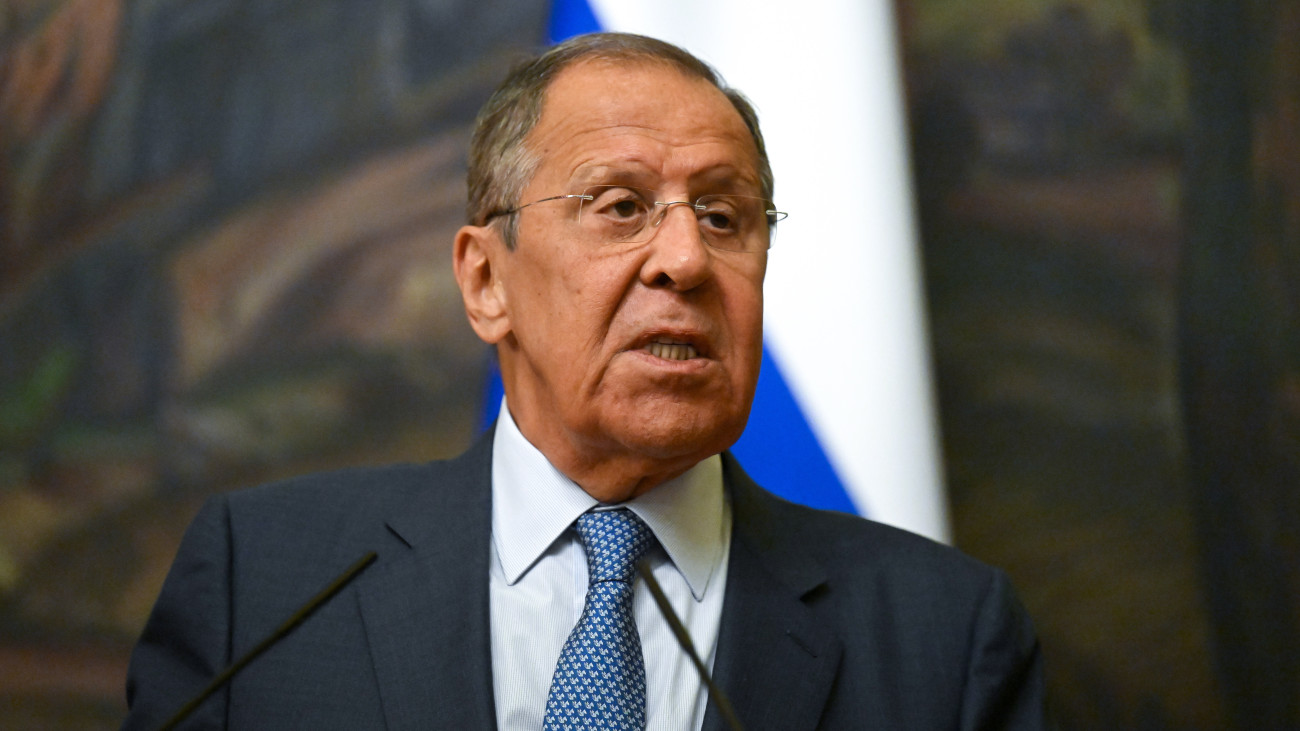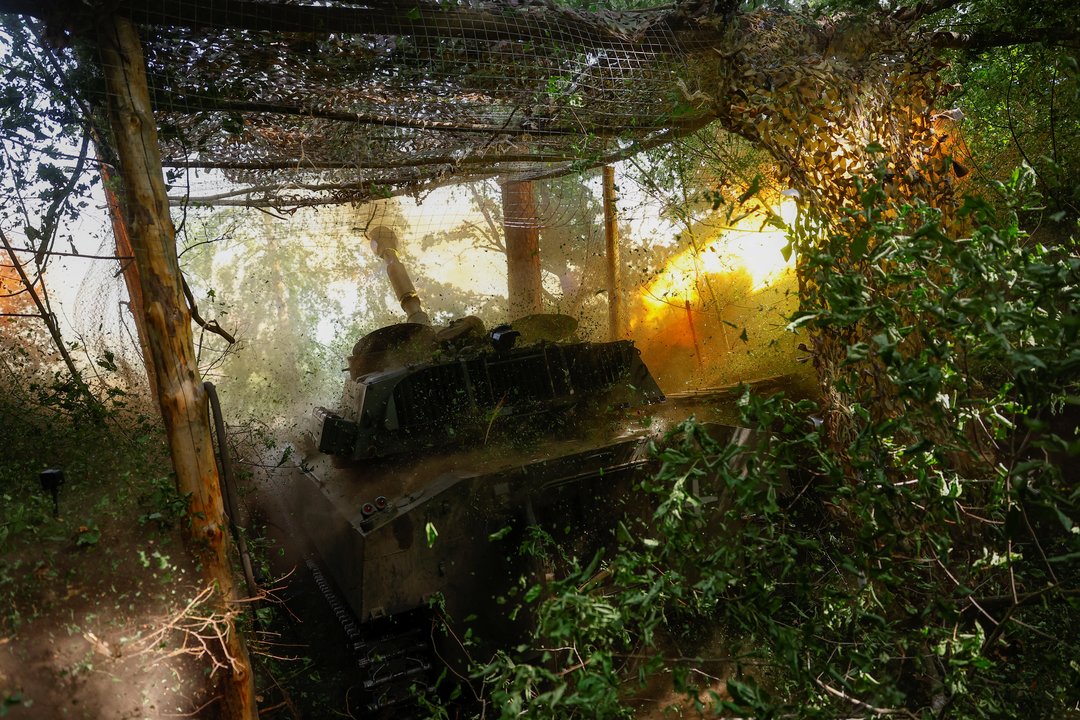#Putin #commits #biggest #plane #theft #time
For Business Class passengers on Aeroflot flight SU245 to Moscow, the return journey from the Seychelles this week was going to be a bit spartan. Russian Airlines informed them in advance that soups and salads have been removed from the menu. Instead of the usual menu on board, only a simple lunch box with plastic cutlery was served.
The airline explained to its customers that this was due to “sanctions imposed by unfriendly countries.” SAeroflot planes now have to bring meals on flights back and forth from Moscow because the Seychelles recently banned them from loading food on Mahé.
Mild restrictions on travel comfort are not the consequences that Western governments wanted to achieve when they imposed an embargo on Russian civil aviation as one of the first reactions after Russia’s attack on Ukraine.
Rather, they wanted to meet Putin at a sensitive point. In this huge country, many important economic regions are connected primarily by air, almost exclusively using Boeing and Airbus jets. After being cut off from Western aviation technology, it was expected that the aggressor’s ability to act would be significantly weakened.
However, this calculation does not seem to work. Sanctions have not taken away warm waters from Russia – instead of on Lake Tegernsee, they now walk en masse on the beaches of Dubai, Phuket and Turkey. Much more decisive and surprising in the eyes of aviation experts is the fact that planes fly at all.
More than two years after sanctions went into effect, hundreds of Western-made planes like this one still travel through Russian airspace operated by Russian airlines. If everything were fine, it couldn’t be like this. Apparently, the country is taking advantage of the fact that thousands of planes have been grounded around the world.
“Expected erosion processes in Russian aviation did not materialize”, says Heinrich Großbongardt, an aviation expert from Hamburg. After Russia’s fleet of around 1,000 commercial planes was cut off from spare parts supplies in the spring of 2022, aviation experts predicted that over time, more and more planes would remain on the ground unable to fly and that civil aviation would collapse dramatically. The reality, however, is apparently different.
Großbongardt analyzed 4.5 million data records of Russian airlines’ air movements in recent years for an analysis available exclusively to WELT AM SONNTAG. The result is sobering from a Western perspective.
But instead of falling faster and faster due to increasing shortages of planes and parts, the opposite happened. Air traffic increased slightly again last year and is even approaching pre-war levels in the medium flight sector. “The sanctions had an impact in 2022, but not in 2023,” states Großbongardt.
The Kennan Institute in Washington, which specializes in Russia studies, has reached similar conclusions. Civil aviation is a strategic industry for Russia. “If sanctions had worked as intended, Russia would have been hit hard” – we read in a recent analysis of aviation development after the sanctions entered into force.
“But the Russian government and airlines have found ways to save the aviation industry with the West’s silence,” says aviation expert Anastasia Dagaeva. “It’s not thriving – it’s gone through structural changes – but it’s surviving and doing relatively well.”
Putin commits the biggest plane theft of all time
Russian propaganda that the country can fill the gap with its own aviation industry and cope perfectly without Western aircraft is not confirmed by the numbers. During the attack on Ukraine, Russian airlines operated only 15 percent. their flights with Russian-made aircraft, such as “Superjet”.
Two years later, in February 2024, that number had increased only slightly to 16 percent. More than four out of five Russian aircraft are still of Western design, and most of them are only leased. As a result of sanctions, they would have to be returned to their mainly Western owners. Putin then unceremoniously banned his airlines from exporting more than 500 sanctioned jets, committing the largest aircraft theft of all time, as well as more serious crimes.
In other words, with planes that under current aviation rules should have been in the shop as soon as possible – and probably were. “The Russians seem to be able to maintain their planes,” says expert Großbongardt. “Apparently they found a loophole in the sanctions.”.
In September 2022, the International Aviation Organization (IACO) expressed serious safety concerns due to the unclear maintenance situation at Russian airlines, stating that Russian aviation should be considered “fundamentally unsafe”. A series of incidents soon proved them right.
A Ural Airlines Airbus A320 had to land in a field after suffering hydraulic system damage, a Boeing 737 also had to make an emergency landing due to an engine fire, and in the same month The landing flaps on an Aeroflot Boeing 777 failed and the cabin filled with smoke. No one was injured. Observers, however, suspected that the failure was caused by inadequate maintenance and a lack of spare parts.
However, the conclusion that Russian aviation would not only become less safe but would also be significantly slowed down by sanctions was obviously premature. Currently, there are many indications that Putin’s aviation industry has created a secret procurement system for aircraft parts. This is by no means trivial.
None of them can afford to supply their products directly to the airlines of sanctioned countries. Even indirect deliveries through third parties would quickly attract attention in a highly regulated industry where the history of every part is meticulously tracked. Especially since Russia has a much larger fleet than, for example, Iran, which managed to keep its basic civilian fleet in the air for years despite sanctions.
The gap in the system appears to be the global economy of used aviation technology. Just as German used car owners bought cheap spare parts from scrapyards in the 1980s, Currently, there is a gray market for used aircraft components in the aviation industry.
A suspicious source of supply for Putin’s air fleet
This is fueled by thousands of commercial aircraft that have been withdrawn from service around the world during the pandemic and are now being replaced by new, more efficient planes. This so-called fleet rollover brings an unprecedented number of components to the market — and perhaps directly to Putin’s fleet.
While aviation authorities keep a close eye on the whereabouts of newly manufactured jets and components, no one seems interested in what happens to the spare parts of decommissioned planes in the graveyards. “The EU Aviation Regulation does not contain any specific provision requiring EU aviation authorities to list or trace components, nor does it prevent the sending or transfer of such components to a third country,” explains the European Aviation Safety Agency (EASA) in response to an inquiry from WELT AM SONNTAG .
The dismantling and decommissioning of aircraft and the associated maintenance of components are only regulated if they are to be returned to the EU system. While the (non)supply of aircraft parts is at the heart of Europe’s sanctions strategy, the motto in EU rules on used components is: out of sight, out of mind.
One of the beneficiaries of Western ignorance is Kazakhstan. In recent years, this Central Asian country has become a center of illegal trade in sanctioned goods, especially aircraft parts. According to aviation analyst Dagaev, Russia has invested the equivalent of 6.5 billion euros in its own aviation industry over the past two years and has significantly increased its stake in the country’s airlines.
Much of the Kremlin’s financial injection will likely go into the pockets of parts sellers who have everything they need to service the Boeings and Airbuses, especially those that aren’t brand new.
However, data on Russian air traffic do not indicate that the Russian government is discouraged by the increase in maintenance costs. The number of flights is increasing and the planes are usually arriving. The Airbus Lunchbox from Seychelles even arrived in Moscow 33 minutes ahead of schedule on Wednesday.







:quality(75)/cloudfront-us-east-1.images.arcpublishing.com/elcomercio/4AZMPODKAJA2BGH7E4OSY6OMVE.jpg)


